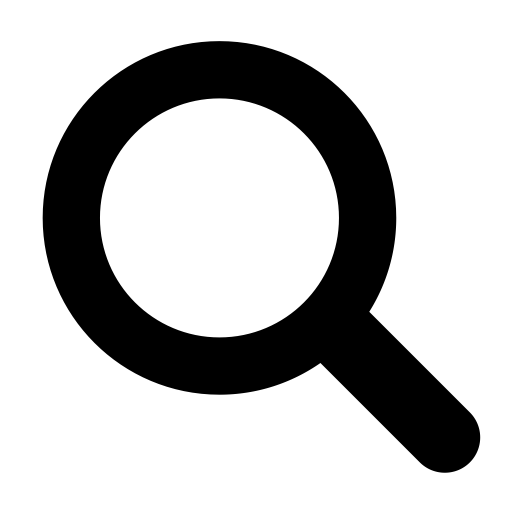Semaine du cerveau 2019 à l'ENS. Pre-programme
Programme :
Mardi 12 mars
Nura Sidarus (DEC, ENS)
La liberté vue par les neurosciences
Que signifie être libre? Normalement, on se sent libre de faire nos propres choix. Néanmoins, notre environnement peut nous influencer, même sans que l'on s'en aperçoive ! Dans ce cas, sommes-nous responsables de nos actions? Venez découvrir ce que les neurosciences cognitives nous apprennent sur la liberté humaine.
Mercredi 13 mars


